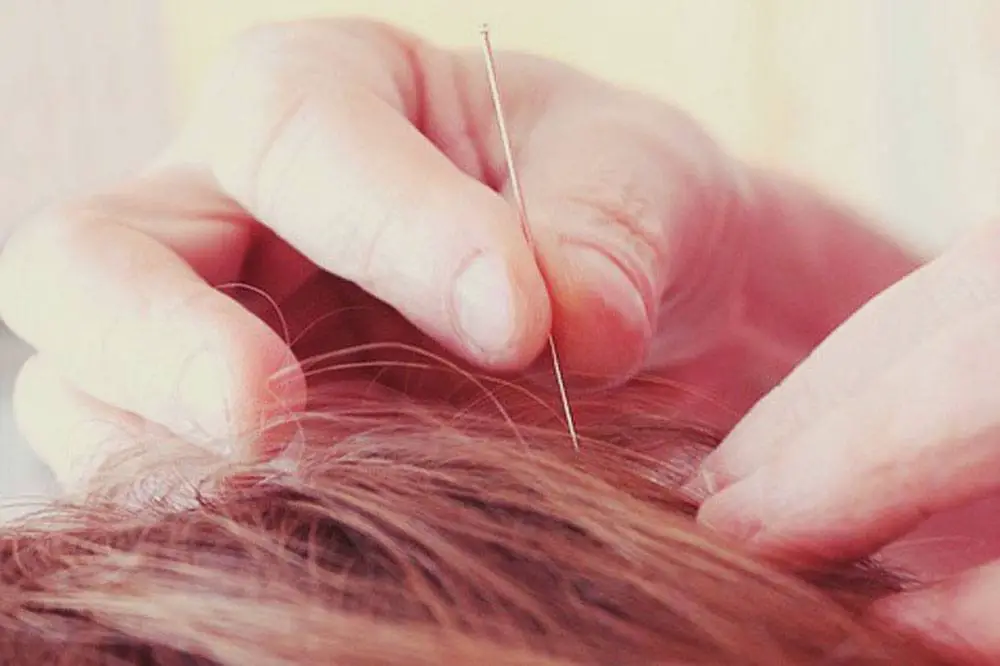Sleep apnea is a serious sleeping disorder in which the affected person stops breathing for short periods of time throughout sleep, due to a blockage of the airways. This condition is often related to a myriad of other problematic health issues. Not only can it keep you up at night, sleep apnea disturbs your breathing and can cause your body to be starved of oxygen on a regular basis. Many people who have sleep apnea often don’t know that they have it and go undiagnosed for a period of time.
People who have sleep apnea often experience severe daytime sleepiness during the day, insomnia at night, morning headaches, snoring, depression, irritability, memory loss, reduced concentration, sexual dysfunction, and even metabolic conditions. Risk factors include excess weight, obesity, large neck circumference, family history of the condition, being male, women who are post-menopausal, and even sleeping on the back.
Those who are experiencing ongoing, untreated problems with Obstructive Sleep Apnea (OSA) or Central Sleep Apnea (CSA) are at risk of developing various related conditions such as heart disease, diabetes, high blood pressure, obesity, and more. Anyone who suspects they (or a family member) have or are at risk of sleep apnea should certain see a medical professional at once.
Sleep Apnea and Acupuncture
The most common form of treatment doctors indicated for sleep apnea is a CPAP machine (Continuous Positive Airway Pressure Machine) that allows the body to breathe better during sleep. Many people find that a CPAP machine can reduce their sleep apnea incidences and even reverse their health problems. On the other hand, many people find that sleeping with a CPAP machine mask on their faces in uncomfortable and inconvenient. In this case, some sleep apnea sufferers may be interested in talking to their doctor about alternative treatment options.
Some alternative medicine researchers have found that acupuncture may now be considered an effective treatment for Obstructive Sleep Apnea. And in certain cases, it may even work as a substitute for the use of a CPAP machine. For some patients, acupuncture may be a natural, cost-effective alternative to the cumbersome, uncomfortable standard treatment.
What Is Acupuncture for Sleep Apnea?
Acupuncture comes out of a traditional eastern medical practice that indicates the insertion of fine needles into the skin in certain areas to treat physical and mental conditions. The concept is that the needles, inserted to specific depths, stimulate certain systems of the body to promote healing and boost overall well being. Although no one is exactly sure how it works, people have been using this complementary practice for thousands of years and believe it to be effective—with very few risks.
In relationship to Obstructive Sleep Apnea, acupuncture has been tested with manual needles as well as with electro-acupuncture (electrical stimulation with needles), often using a combination of both. Researchers who combed through study after study learned that many people who used acupuncture to treat OSA often showed a significant increase in oxygen levels.
One independent study by doctors showed that people with moderate OSA who were treated with acupuncture for 10 weeks showed significant improvement (and was not duplicated in a control group). Criteria was based on polysomnography sleep studies and indicated that more research needs to be performed as a follow up. People who have severe OSA may not benefit from acupuncture in the same way that those who have moderate or mild sleep apnea do.
One of the reasons that acupuncture may be effective for sleep apnea is that it can reduce disruptions in sleep while increasing the affected person’s ability to breathe regularly during sleep. Appropriately applied, acupuncture can stimulate the upper airways and cause the respiratory system to work more effectively.
Analysis of the studies was not able to determine whether manual or electro-acupuncture was more or less effective than the other. Other studies, however, have shown that acupressure (the same concepts as acupuncture but using finger pressure instead of needles) may also be effective for treating problems with sleep apnea.
Conclusion
In any case, treating sleep apnea is a serious issue and requires the help of a doctor and/or sleep specialist. If you are being treated for obstructive sleep apnea with a CPAP machine but are having trouble with using it effectively, ask your doctor if acupuncture might be an alternative option for you. If so, be sure to contact a licensed acupuncturist who is certified and has experience specifically with treating OSA.
